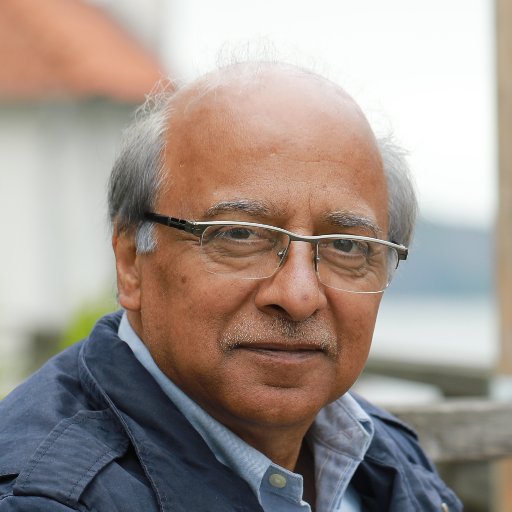By Imtiaz Gul
The case of Kulbhushan Jadhav at the International Court of Justice was essentially not about the triumph or loss for either Pakistan or India. It was more about proving that India used a serving Hindu naval officer as a Muslim agent for creating and supporting terror networks to create mayhem and instability.
Pakistan built its case primarily on underlining Jadhav’s fake identity i.e. Mubarik Husein Patel, and his multiple illegal entries into Pakistan till his arrest in March 2016.
And the ICJ ruling basically established Jadhav as a spy. India too, instead of denying Jadhav’s reality, rooted the fundamental rights’ regime when asking for his “safe passage back to India.” The court ruling, therefore, implied that even if caught for espionage, Jadhav had some rights which need to be respected. Fair enough!
Pakistan’s judicial and legal architecture, from the constitution to the CrPC to the Supreme Court, the Army Act 1952 (under which Jadhav was tried), as well as the mercy petition to the president option, also remained unquestioned by the ICJ.
Great endorsement and expression of confidence in Pakistan legal system!
The Indians, on the other hand, were totally quiet on the espionage string and wanted Jadhav’s release. One, therefore, wonders why are they, in particular, the eccentric media, obsessed only with Hafiz Saeed’s arrest and totally blind to the proxy terrorism Jadhav was really involved in Pakistan?
If not, why was he frequently and illegally entering Pakistan?
The ICJ has granted consular access to Commander Jadhav – the planner and string-puller of subversion in Pakistan – yet it did deny India four major pleas, including annulment of the death sentence, release him, or retrial in a civilian court. The court did not challenge the jurisdiction India was hoping for.
Pakistan has certainly secured legal gains out of the ICJ verdict, the challenge ahead is how to translate it into an international diplomatic gain.
The ICJ ruling possibly couldn’t have come at a more appropriate time; firstly, the Trump administration recently designated the India-aligned Balochistan Liberation Army as a global terrorist.
Secondly, the US – with a majority share in the IMF governing board – chose not to object to the $6 billion loan for Pakistan.
Thirdly, China, Russia, and the United States recently invited Pakistan to a trilateral meeting on the Afghan Peace Process (held at Beijing on July 10 – 11, 2019) and underlined it “can play an important role in facilitating peace in Afghanistan.”
In fact, the BIG THREE consensus, attended in full by Pakistan, catapulted the country even higher as far as its value for the Afghan peace process and the region is concerned i.e. its undiluted, unquestionable relevance to the entire process.
Fourth, Pakistan is implementing the Action Plan it had agreed with the Financial Action Task Force (FATF) with full force (including the arrest on July 18 of Hafiz Saeed and the seizure of the Jaish/Jamaatud Dawa assets).
All PM Khan needs to do is to convince President Trump of Pakistan’s sincerity; despite institutional limitations and financial constraints, which is a legacy of decades of neglect and wrong policies.
Lastly, President Trump – driven by an urgency for a deal on the Afghan peace – has invited Prime Minister Imran Khan for a meeting on July 22. This invitation simply underscores the centrality that the Trump administration has finally agreed to concede to Pakistan. Until Trump sought resolute support through a letter to prime minister Imran Khan in December last year, key leaders both in New Delhi and Kabul appeared disinclined to give Islamabad the share that is due to it because of its proximity to Afghanistan.
Unfortunately, the fast-paced circumstances around Afghanistan swamped their state of denial and rendered their refrain irrelevant.
Beyond doubt, the post-ICJ ruling is loaded with positive vibes. All Pakistan requires is to tread the path ahead with extreme calibration. Careful, smart consideration, and not shallow triumphalism, is the demand of the hour. A knock at the Chinese door for guidance may not be uncalled for either.




